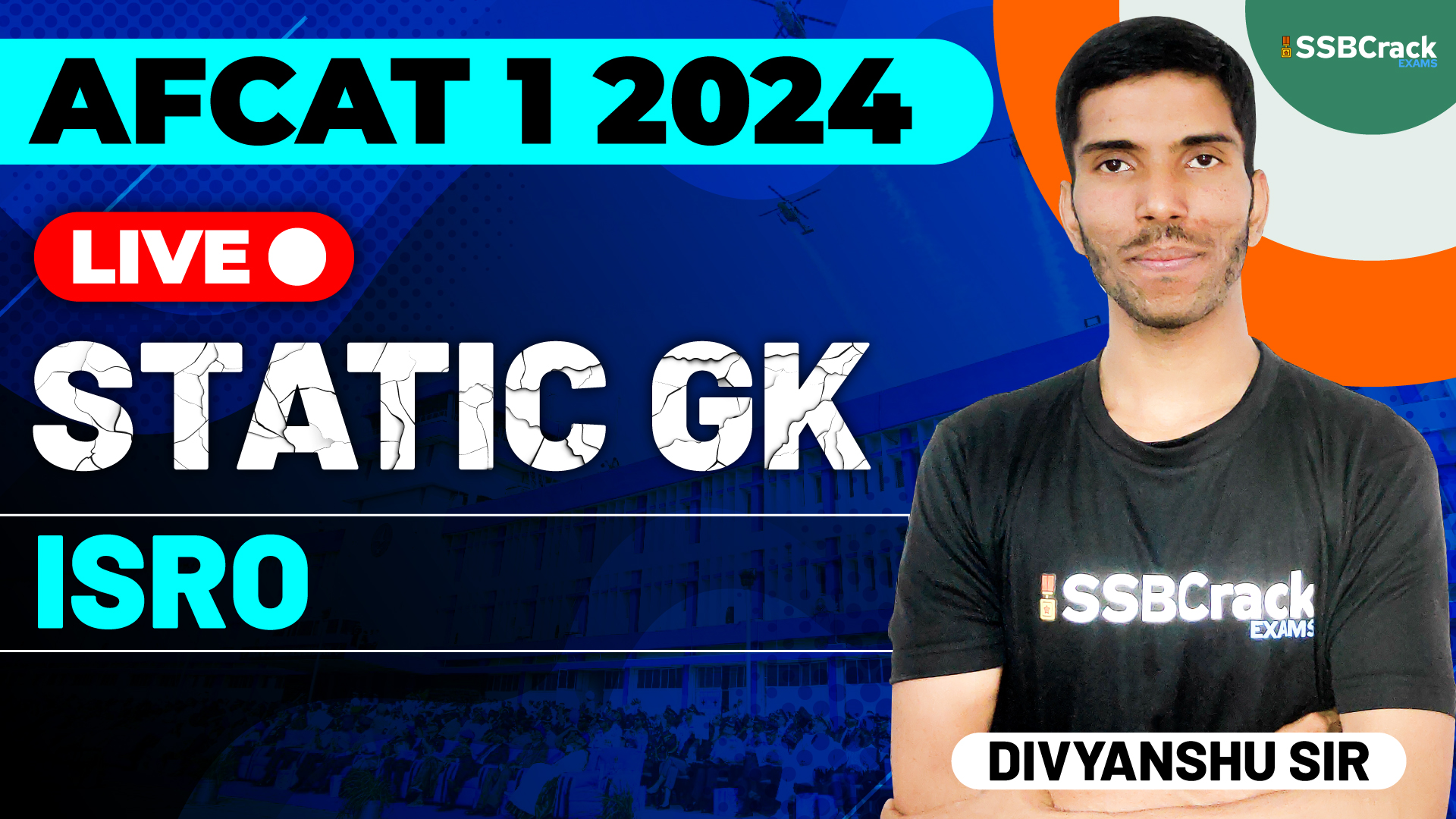The AFCAT 1 2024 Exam is just around the corner, and for defence aspirants gearing up for success, a thorough understanding of Static General Knowledge is paramount. One area that holds immense relevance for defence professionals is the Indian Space Research Organisation (ISRO). In this article, we delve into the key contributions of ISRO, shedding light on its role in bolstering the nation’s defense capabilities.
ISRO’s Genesis: Founded in 1969, ISRO has evolved into a global space power, making significant strides in satellite technology, space exploration, and scientific research. While its primary mandate revolves around space exploration and research, ISRO’s applications extend beyond the realms of Earth into the strategic and defensive domains.
Satellite Surveillance: One of ISRO’s critical contributions to the defense sector is its prowess in satellite technology. The organization has played a pivotal role in developing and deploying satellites for surveillance, reconnaissance, and communication. These satellites provide real-time data that aids defense forces in monitoring borders, tracking activities, and enhancing situational awareness.
NavIC – India’s Navigation System: ISRO’s Navigation with Indian Constellation (NavIC) is a regional satellite navigation system designed to provide accurate position information over India and the surrounding region. This indigenous navigation system serves as a crucial asset for defense operations, ensuring precision in navigation, targeting, and coordination of military activities.
Strategic Communication: ISRO’s communication satellites have been instrumental in establishing secure and reliable communication networks for defense purposes. These satellites play a vital role in connecting military bases, facilitating secure communication between ground forces, naval fleets, and air squadrons, thereby enhancing the efficiency of defense operations.
Earth Observation for Defense: ISRO’s Earth observation satellites contribute significantly to defense intelligence. These satellites provide high-resolution imagery, aiding defense forces in monitoring border areas, tracking troop movements, and conducting reconnaissance. The ability to gather real-time data enhances the defense establishment’s ability to respond swiftly to evolving situations.
Integrated Missile Development Program: ISRO’s technological advancements have also synergized with India’s defense capabilities in the realm of missile development. The successful integration of space technology with the Agni and Prithvi missile systems showcases the collaborative efforts between ISRO and the Defence Research and Development Organisation (DRDO). This convergence has bolstered India’s strategic missile capabilities.
Conclusion: As AFCAT 1 2024 aspirants prepare for the exam, a comprehensive understanding of ISRO’s contributions to the defense sector is indispensable. From satellite surveillance and navigation to strategic communication and missile development, ISRO’s impact on India’s defense capabilities is undeniable. Armed with this knowledge, defense aspirants can navigate the examination with a deeper appreciation for the interconnectedness of space technology and national security.







